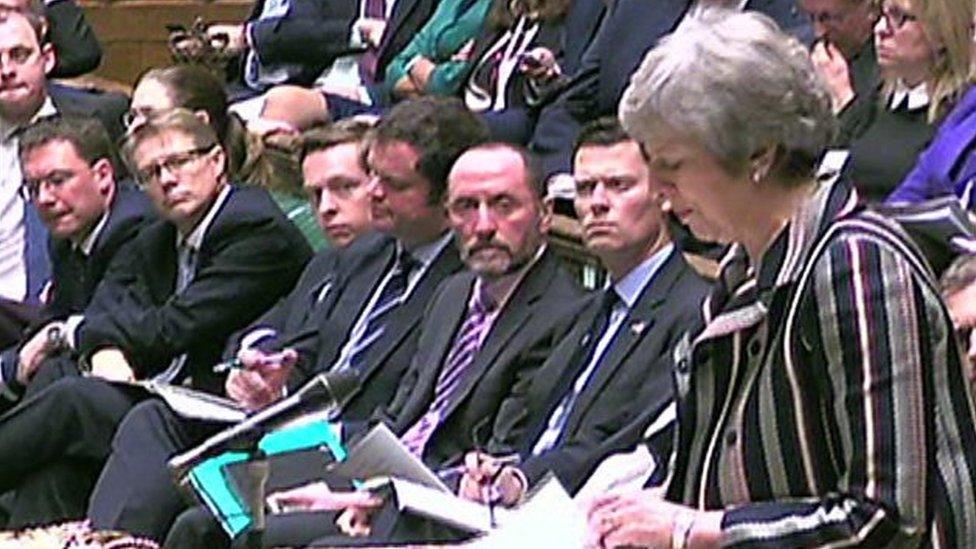Brexit: Gove warns of referendum if MPs don't back PM's deal
- Published
Michael Gove: "I'm supporting the prime minister"
If MPs don't back Theresa May's Brexit deal there could be another EU referendum, Michael Gove has said.
The leading cabinet Brexiteer said Mrs May's deal was not perfect - but if MPs did not vote it through on 11 December there was a risk of "no Brexit at all".
He told the BBC's Andrew Marr show there may now be a Commons majority for another referendum.
Labour has said it will attempt to topple Mrs May and force a general election if MPs reject her deal.
If that fails, they will then seek support in the Commons for another referendum.
Michael Gove insisted Mrs May could still win the vote on 11 December despite dozens of her own MPs being against her EU deal.
The environment secretary told the BBC that winning the Commons vote would be "challenging".
But although Mrs May's deal was not perfect, "we have got to recognise that if we don't vote for this, the alternatives are no deal or no Brexit".
"There is a real risk if we don't vote for this deal there may be a majority in the House of Commons for a second referendum," said Mr Gove, a leading figure in the 2016 Leave campaign.
Asked if Mrs May would have to stand down as PM if she lost the vote on her deal in nine days' time, he said: "Absolutely not."
He claimed there was a "strong movement behind the prime minister" among the public.
Could the prime minister be ousted?
Labour has said it will table a no confidence motion in the government if MPs vote down the deal in a bid to topple Mrs May and force a general election.
Shadow Brexit secretary Sir Keir Starmer said: "If the prime minister has lost a vote of that significance then there has to be a question of confidence in the government.
"I think it's inevitable that we would seek to move that," he added.
Under the Fixed Term Parliament Act, if the government loses a vote on a motion of no confidence it has 14 days to pass a second confidence motion, or Parliament is dissolved and a general election is called.
If Labour fails to force a general election it will seek support in the Commons for another EU referendum.
Calls grow for referendum
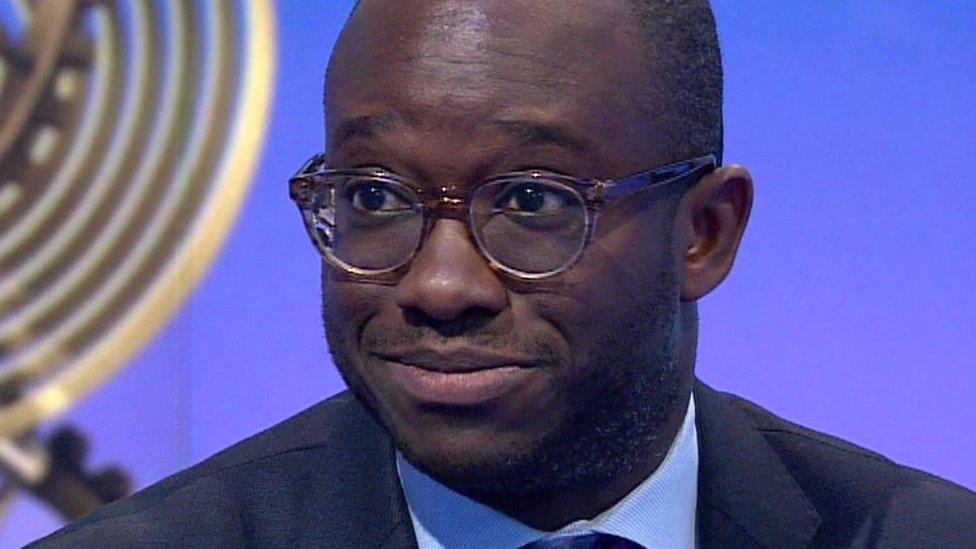
Mr Gyimah said he would be voting against Mrs May's Brexit deal
Conservative support for a further referendum is growing - science minister Sam Gyimah quit the government on Saturday to join the People's Vote campaign.
A cross-party group of 17 MPs, in a letter published in the Observer,, external has also called for Parliament to support another referendum at the earliest opportunity.
But a referendum can only be held if the government legislates for one and a majority of MPs vote for it.
The People's Vote campaign, which is backed by about 30 Labour MPs, a smaller number of Conservatives, the Lib Dems, the SNP, Plaid Cymru and the Greens, argue that the public must be given the final say on the terms of Britain's exit, now that they know what the deal is.
Following Michael Gove's comments on the Marr show, Lib Dem Brexit spokesman Tom Brake said: "The government has made a Horlicks out of Brexit and now one of its chief architects has admitted that the final say might go back to the people."
He said the Lib Dems and "many others" will "demand a People's Vote with an option to remain in the EU".
Labour's shadow international development secretary Barry Gardiner told Andrew Marr he thought "remain and no-deal" would have to be "on the table" in any referendum.
But Sir Keir Starmer told Sky News he would be "worried" about no-deal being on the ballot paper, as it would be "catastrophic" for the country.
Michael Gove claimed the Leave campaign would probably win a fresh referendum by an even larger margin but holding one would "damage faith in democracy and rip apart the social fabric" of the country.
Many Leave voters would see it is a "condescending" move by the political establishment, who would effectively be saying people were "too thick to make a decision" the first time around, he told Andrew Marr.

Analysis
Asked about the legacy she'd like to leave as PM, Mrs May says there's "a lot more for me still to do".
By Laura Kuenssberg, BBC political editor
Support for the prime minister's Brexit compromise seems to be shrinking, rather than growing.
If Theresa May acknowledges it in private, she certainly won't touch that notion in public.

What about a no-deal Brexit?
The government claims the chances of Britain leaving the EU on 29 March without a deal are more likely if MPs reject Mrs May's deal.
Mr Gove said there would not be another Commons vote on the deal if MPs voted it down on 11 December - something Mrs May has previously refused to rule out.
There has been speculation the prime minister could return to Brussels to ask for the deal to be modified to reflect MPs' concerns before putting it to another Commons vote.
The EU has said the deal it has agreed with Mrs May is their final offer and it will not be renegotiated.
Why are Brexiteers unhappy with the deal?
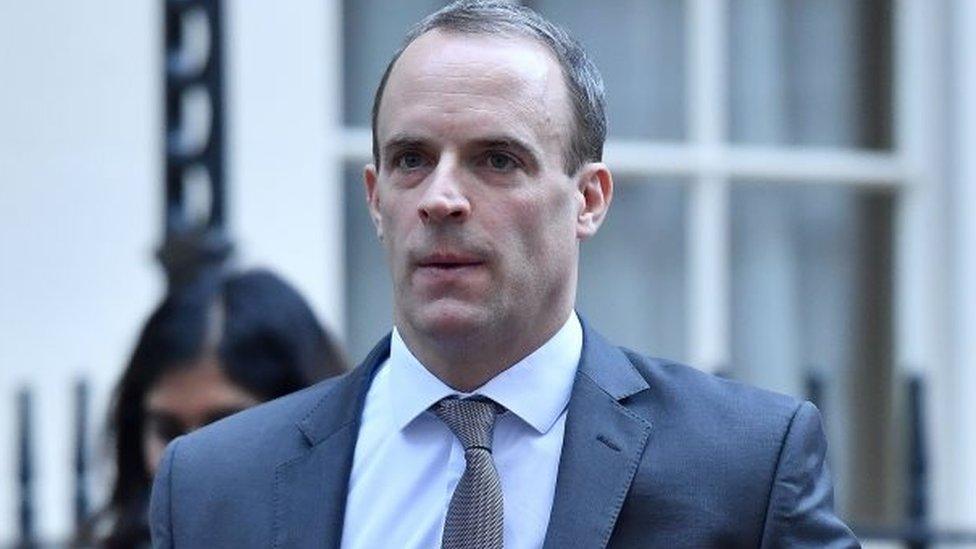
Dominic Raab claims the Irish backstop would be indefinite
They argue the UK will be kept tied to the EU with no say in its rules until Brussels decides it can leave, under the terms of the Northern Irish "backstop".
Mrs May insists the backstop, which is designed to keep the Irish border open until the UK can agree a free trade deal with the EU, would be temporary.
However, her former Brexit secretary Dominic Raab told the Sunday Times, external the backstop would last indefinitely - for as long as it takes to negotiate a new UK-EU relationship - "unless the EU allows us to exit".
Michael Gove told Andrew Marr he was also uncomfortable about the "backstop" but it would be temporary.
This was because it would hand the UK economy a "competitive advantage" over the remaining 27 EU nations, he argued.
Legal advice row
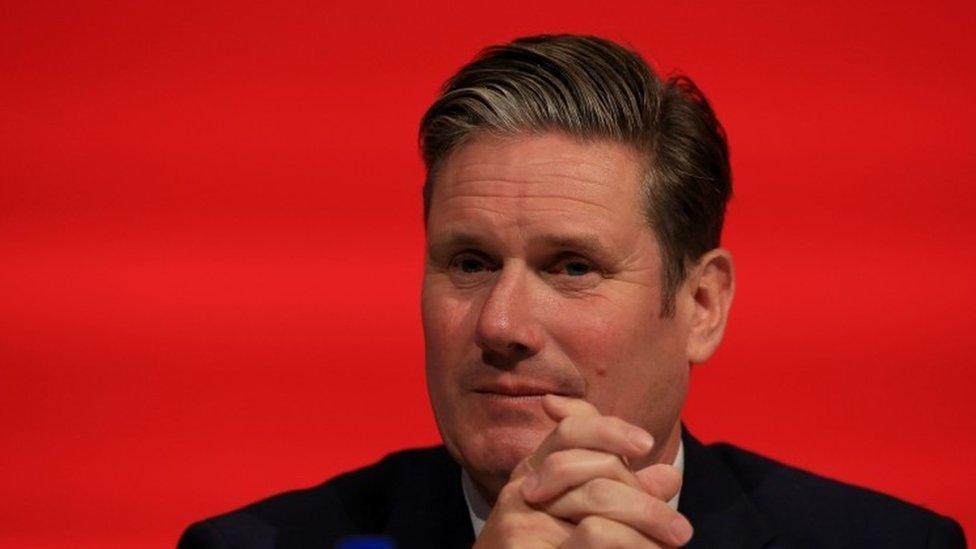
Sir Keir Starmer is pressing for contempt of Parliament proceedings
Opponents of Theresa May's Brexit deal believe the UK's chief law officer, Geoffrey Cox, has advised the government that the Northern Ireland "backstop" would continue indefinitely.
They think this is why the government is refusing to publish Mr Cox's legal advice on the EU withdrawal agreement in full - as it would make it even harder for her to convince MPs to back her deal.
The government insists such legal advice is always confidential - and that MPs will be able to question Mr Cox about it on Monday, when he makes a statement to the Commons. MPs will start five days of debate on the deal on Tuesday.
But Labour is spearheading a cross-party effort - including the government's partners the DUP - to force the legal advice to be published, ahead of the debate.
Sir Keir, a former director of public prosecutions, said the opposition parties would press for contempt of Parliament proceedings if MPs are not shown the advice.
If contempt proceedings were requested, it would be up to Commons Speaker John Bercow to decide whether a debate and vote should be held.
- Published1 December 2018

- Published1 December 2018
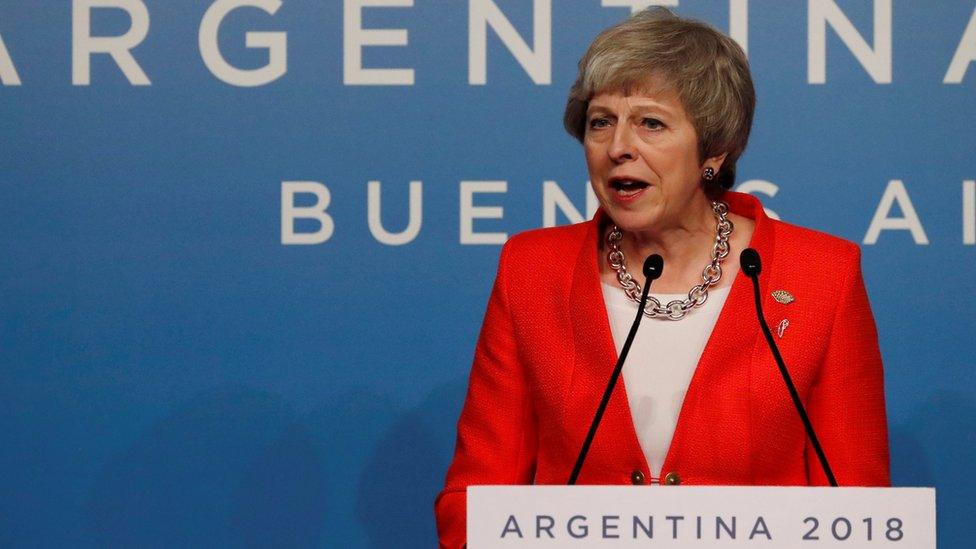
- Published30 November 2018
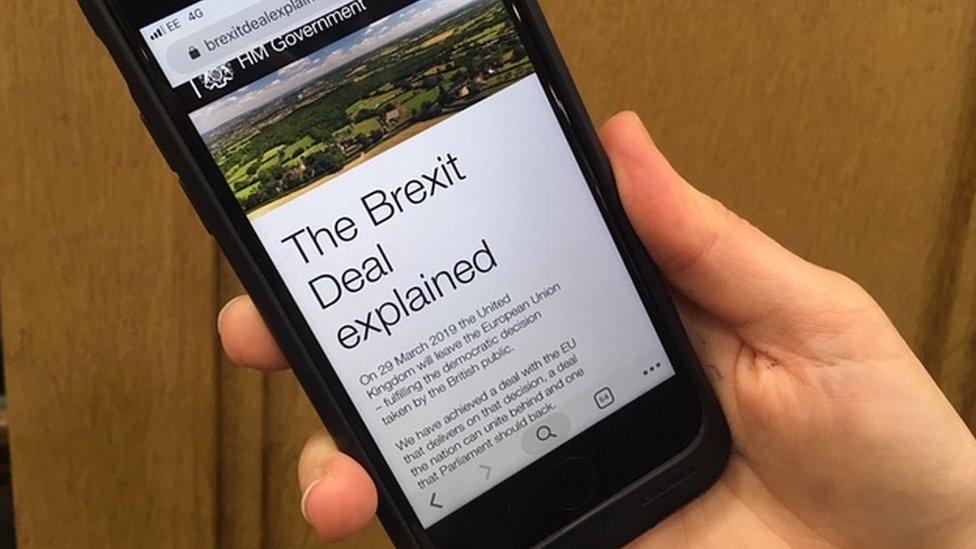
- Published26 November 2018
